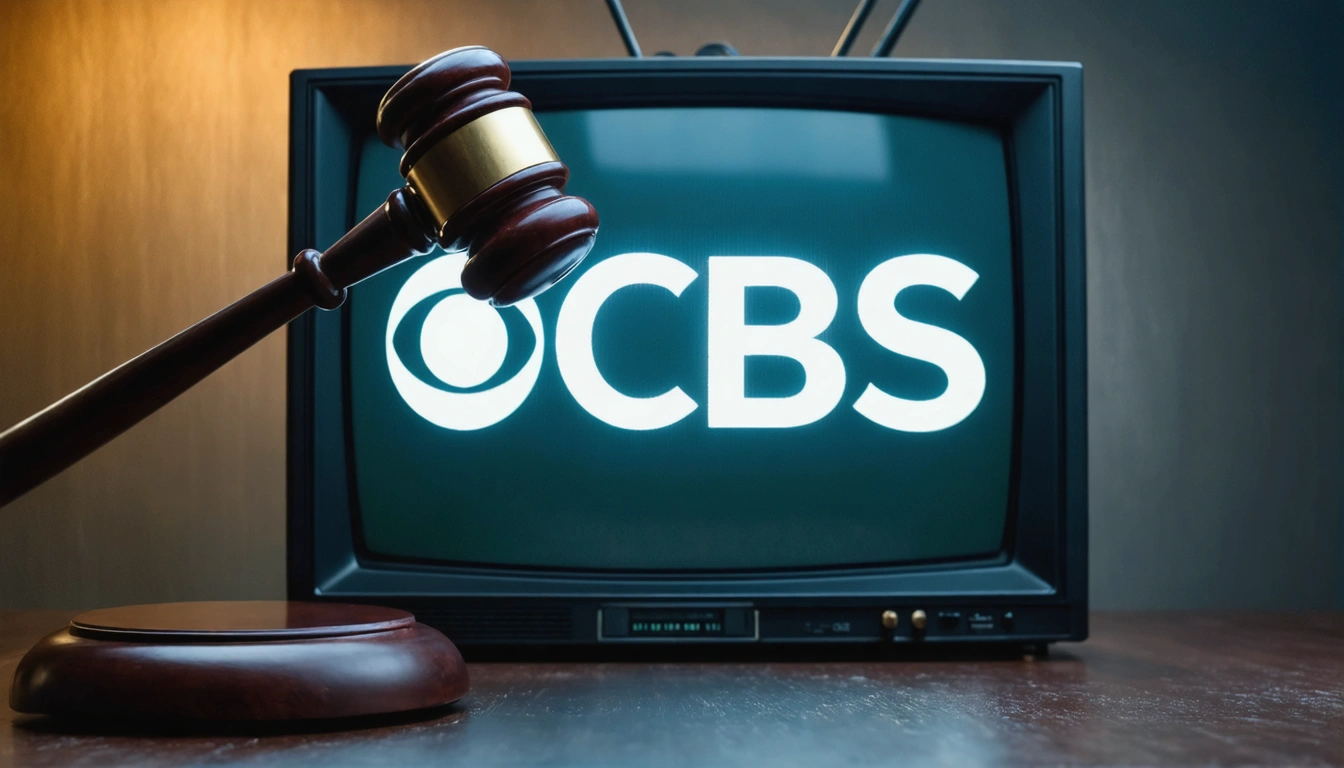FCC's CBS Investigation: A Case of Hypocrisy?

In recent developments, the Federal Communications Commission (FCC), under Chairman Brendan Carr, has initiated an investigation into CBS's '60 Minutes' program, citing allegations of news distortion during an interview with former Vice President Kamala Harris. This move has sparked a heated debate over press freedom, government oversight, and potential hypocrisy within the current administration.
Chairman Carr stated that all options remain on the table in the FCC's ongoing investigation into the '60 Minutes' interview, emphasizing the agency's commitment to enforcing public interest obligations under the Communications Act. He noted that while the FCC cannot censor or infringe on First Amendment rights, broadcasters are prohibited from intentionally distorting the news. Carr's remarks came after he reinstated complaints against CBS and NBC that had been dismissed under the previous administration. Notably, a similar complaint against Fox News was not reinstated.
Critics argue that the FCC's actions may be politically motivated, pointing to the administration's broader efforts to consolidate power. The establishment of the Department of Government Efficiency (DOGE) in January 2025, led by Elon Musk as a senior advisor, aims to cut federal spending and streamline government operations. DOGE has been involved in mass layoffs, dismantling organizations, and consolidating data across agencies, raising concerns about privacy and surveillance.
Former FCC chairs and commissioners from both Republican and Democratic backgrounds have criticized the current FCC's investigation into CBS, accusing the agency of acting as a censorship tool for the White House. They argue that the FCC is abandoning its role as an independent agency dedicated to protecting free speech and the First Amendment. This sentiment is echoed by House Democrats, who have initiated a probe into the FCC's media investigations, alleging that the agency is conducting biased probes to intimidate the news media.
The situation is further complicated by President Trump's $20 billion lawsuit against '60 Minutes' over the Harris interview, alleging deceptive editing to create a favorable portrayal of Harris. CBS has agreed to provide unedited transcripts of the interview to the FCC, as demanded by Chairman Carr. This legal battle underscores the tension between the administration and mainstream media outlets.
Adding to the controversy, Chairman Carr has publicly criticized Comcast for MSNBC's coverage of the deportation of Kilmar Abrego Garcia, accusing the network of misleading the public. This move has sparked further debate over the FCC's role in regulating media content and the potential for political influence in its actions.
In summary, the FCC's investigation into CBS's '60 Minutes' program highlights the complex interplay between government oversight, press freedom, and political influence. While ensuring accurate reporting is essential, the potential for governmental overreach and the suppression of free speech cannot be ignored. As this situation unfolds, it is crucial for citizens to remain informed and engaged in discussions about the role of media and government in a democratic society.
Generational Perspectives
Explore how different generations perceive this topic. Click on a generation to expand.
Assessing the Impact Across Generations
Each generation perceives the FCC's actions differently. Younger generations may view it as an infringement on press freedom, while older generations might see it as a necessary step for accountability. Understanding these perspectives is crucial for fostering intergenerational dialogue and unity.
Finding Common Ground
Despite differing perspectives, there is a collective agreement on the importance of accurate reporting and the need for accountability in both media and government actions. Upholding these principles is essential for maintaining public trust and a healthy democracy.
Reflecting on Government Oversight and Press Freedom
The FCC's investigation into CBS's '60 Minutes' raises critical questions about the balance between government oversight and press freedom. While ensuring accurate reporting is vital, the potential for political influence in media regulation cannot be ignored. As citizens, it's imperative to remain vigilant and advocate for transparency and fairness in both media practices and governmental actions.
Sources
- FCC chair says 'all options' open in CBS '60 Minutes' news distortion review by Reuters (Apr 28, 2025)
- Former FCC Chairs Accuse FCC of Acting as the 'White House's Personal Censor' by TV Technology (Apr 28, 2025)
- CBS agrees to hand over '60 Minutes' Harris interview transcripts to FCC by Associated Press (Feb 5, 2025)
- A Project 2025 author carries out his vision for mass federal layoffs by Associated Press (Mar 15, 2025)
- FCC Chair Carr Blasts Comcast Over MSNBC Coverage by TV Technology (Apr 16, 2025)
- House Democrats open probe into FCC media investigations under Trump by Reuters (Mar 31, 2025)
- Department of Government Efficiency by Wikipedia (May 6, 2025)